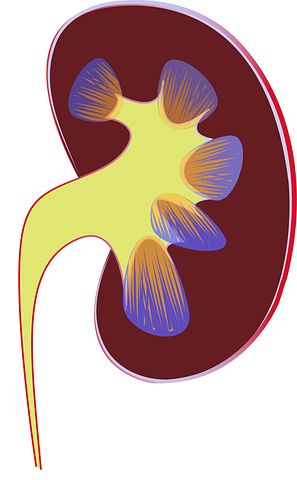Kidney Stone Detection? (There’s an App for That Too)
A team from Mayo Clinic has developed an online tracking tool that could help patients suffering from kidney stones determine if they will have future bouts with the condition.
February 6, 2019

Mayo Clinic researchers have discovered a way to predict the likelihood that a person might have reoccurring kidney stones. The team’s research was published in Mayo Clinic Proceedings.
Data was used from the Rochester Epidemiology Project, where a team of researchers explored a sampling of chronic kidney stones formed from Olmsted County between 1984 and 2017.
Some common features of patients who had recurrent stone events included younger age, male sex, a higher body mass index, history of pregnancy, and a family history of stones. The Mayo Clinic team also noted that stone recurrence tended to increase after each subsequent event, and the size and location of stones also associated with the risk of future episodes.
"Each of the risk factors we identified are entered into the model, which then calculates an estimate of the risk of having another kidney stone in the next five or 10 years," John Lieske, M.D., one of the study researchers, said in a release.
Updating the Recurrence of Kidney Stone model with data collected from the study has improved the tool's ability to predict subsequent events. Since the risk of stone recurrence varies depending on individual factors, this information can be useful for patients or caregivers when deciding how aggressively they want to adopt measures to reduce risk for stone recurrence.
The tool, which is available online or as an app, also can be used in research studies to identify those patients most likely to have more kidney stone attacks.
About the Author(s)
You May Also Like
.png?width=300&auto=webp&quality=80&disable=upscale)

